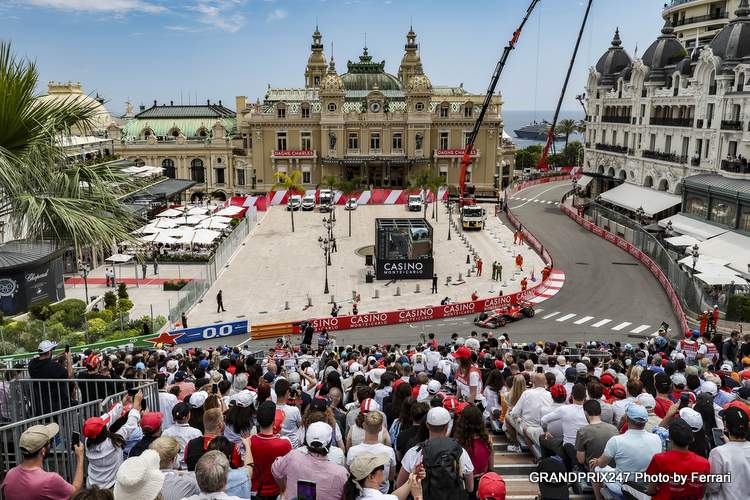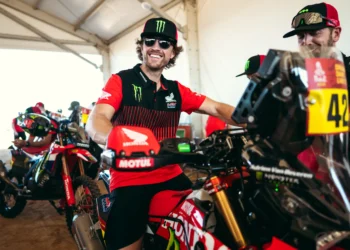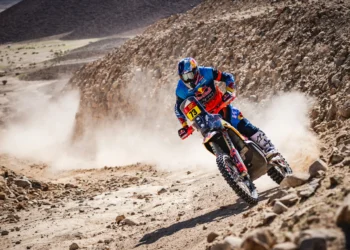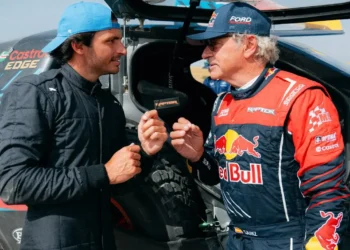After Charles Leclerc’s thrilling victory in Monaco, there are some urgent issues that need to be addressed, specifically in relation to the race track itself. The historic street circuit was originally designed over a century ago to showcase the small town of Monte-Carlo. Antony Noghès, considered the founder of the Monaco Grand Prix, championed this concept, and the first race took place in 1929.
Despite the passage of time, the circuit boundaries have remained virtually unchanged since the inaugural race. This means that the track, built for cars from a different era, is now being navigated by the widest and heaviest Formula 1 cars ever seen. It is no surprise, then, that the 81st edition of this prestigious race was quite dull.
While it is undeniable that the Monaco Grand Prix holds a special place in the Formula 1 calendar, Helmut Marko, former driver and winner of the 24 Hours of Le Mans, acknowledges the need for improvements. He suggests several potential solutions, such as changing the track layout or implementing mandatory pit stops and tire usage requirements to introduce strategic elements into the race.
However, Marko expresses reservations about solely focusing on smaller and lighter cars as the solution. He believes that it is essential to regulate the number of tire changes or create a circuit that provides genuine overtaking opportunities. Simply reducing the size of the cars will not address the core issue.
Reflecting on Red Bull’s disappointing performance in Monaco, where they only scored eight points, Marko praises the exceptional driving skills of local hero Charles Leclerc. He notes that Ferrari seemed to effortlessly glide over the kerbs, becoming untouchable to the competition. On the other hand, Red Bull faced challenges with the handling of their car, especially when navigating the kerbs. This issue was partially resolved for qualifying, but the car’s instability still posed a risk, even for a talented driver like Max Verstappen.
Looking ahead to the next Canadian Grand Prix, Marko expresses concern that Red Bull may face another difficult weekend. He remains optimistic that they will be able to identify and correct the discrepancies between simulator data and real-world performance. However, he acknowledges that their path to securing the 2024 F1 World Championship titles will not be as smooth as it was the previous year.
In conclusion, Red Bull and Max Verstappen are gearing up for a challenging season, with the Monaco Grand Prix highlighting the need for improvements on track and in their own performance.










